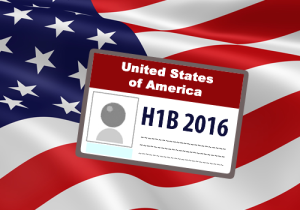Keep on Waiting:
Employment Authorization Document Processing Times
An Employment Authorization Document application is supposed to, by regulation, be adjudicated within 90 days. For first time asylum applicants, the regulation states it needs to be adjudicated within 30 days.
Processing times for applications to USCIS usually fluctuate between slow, medium, and quick. The trend for Employment Authorization Cards is that they have been taking the full 90 days. Recently, some applications have exceeded 90 days. This is in spite of the effort that USCIS has made to distribute the work through transfers to different service centers. You may receive a transfer notice from USCIS, which merely means that your case is being adjudicated at a different service center. The end result is that individuals who need to and are eligible to obtain work authorization are left waiting longer and longer. It makes renewing employment authorization difficult to do in a timely manner. An application cannot be submitted more than 120 days in advance. If the Service is exceeding 90 days to adjudicate, that means that applications need to be submitted upon eligibility. Another delaying factor is that it takes a few days for the cards to be produced and mailed.
